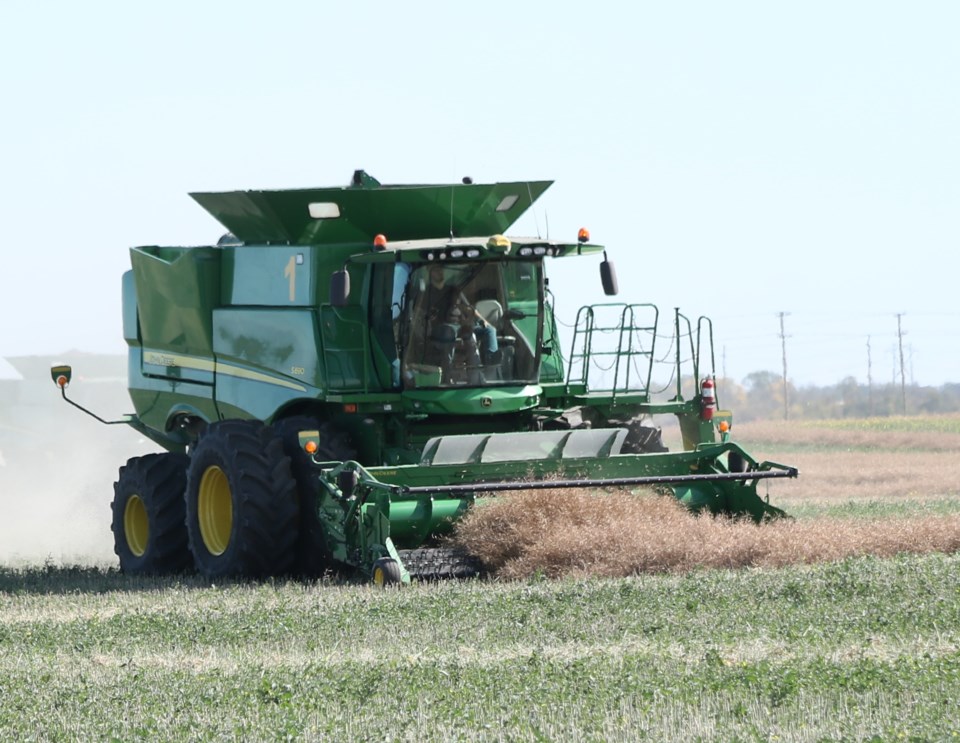YORKTON - From the time the first European settlers arrived in the Yorkton region the die was essentially set that the community which would become the city of Yorkton would exist largely as a hub for agricultural activity.
The now preserved brick flour mill might have been the first notable example of an agricultural business being established locally to be economically important to the community because it served the farm sector.
It has been the same ever since when one considers the city was once known as the heart of turkey production, or that there was once a sizable dairy plant here.
And while it is all but lost locally now Morris Industries was a major farm implement manufacturer for decades, and a major local employer as well.
More recently, yet directly related to the flour mill when one thinks about it, Yorkton has become rather notable as a centre for agricultural processing.
Perhaps the first in that trend was Popowich Milling processing oats, a company that would be sold and is now Grain Millers, which has itself expanded on multiple occasions, but remains focused on oat processing.
What has followed are processors such as TA Foods focused on flax, and of course Richardson Oilseeds and Louis Dreyfus with their canola crushing facilities initially announced on the same day and forever changing the local economy with the completion of the two plants – both of which have seen subsequent expansions.
Now LDC has announced it will be constructing a pea processing plant at a cost of $500 million, which will employ some 60 people.
That is significant in terms of the local economy with more than a year of construction activity, and then new permanent jobs which means regular wages flowing through the economy for taxes and meals and school supplies and restaurant meals and all the other things consumed by someone working.
The new pea plant is also a nice fit for area producers. While canola is generally the crop with the highest prices and because of that expectations of a return over cost-of-production, but producers still cannot grow canola on the same piece of land year-after-year due to disease and weed issues.
Producers need to be able to rotate their crops.
Peas are a good option in as much as they also happen to add nitrogen to the soil as they grow.
Having a local market, in this case a company already locally known because of the canola facility, has to be seen as a good thing.
Now a farmer can sell canola, oats, flax, and in 2025 peas, which is good for their business and for our community too.






